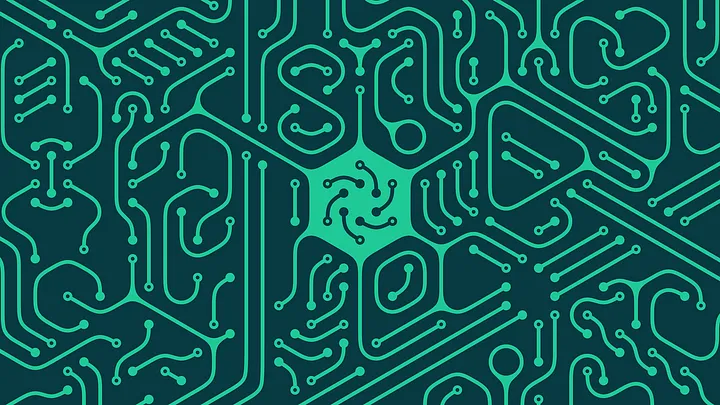Software testing is an important stage in the software development life cycle because it ensures that products fulfill quality requirements before they reach end customers. Traditional manual testing, while effective, may be time-consuming and labor-intensive, and it may fall behind the fast-expanding software market. Organizations are looking to artificial intelligence (AI) and machine learning (ML) to modernize automated testing in order to meet these difficulties. In this article, we will look at how AI and machine learning are changing the world of software testing, as well as their applications, benefits, and potential issues.
In this blog post, we’ll provide you a guide for ai-driven automation testing . We’ll cover the following topics:
- AI and ML Applications in Automation Testing
- Benefits of Leveraging AI and ML in Automation Testing
- Challenges of Implementing AI and ML in Automation Testing
- Conclusion:
-
1.AI and ML Applications in Automation Testing
Test Case Generation:
AI and machine learning algorithms can automatically assess software requirements and produce test cases. These tools can intelligently construct a complete test suite that covers diverse scenarios and edge situations by utilizing historical data and learning from previous testing scenarios.
Defect Detection:
AI and machine learning can efficiently detect flaws in software code. These technologies, which use code analysis and pattern recognition, can discover possible errors that might otherwise go unreported during manual testing, resulting in greater software quality.
Test Data Generation:
Generating realistic and diverse test data is crucial for comprehensive testing. AI and ML can analyze production data and create synthetic yet representative datasets to validate the software under real-world conditions, minimizing the risk of missing critical defects.
Test Execution:
Automation testing entails regularly performing many test cases. AI and machine learning may automate test case execution, allowing testers to focus on more creative and strategic parts of testing.
Test Reporting:
AI and machine learning can assess test findings and create detailed reports. These reports can assist prioritize areas for development and give useful insights into fault patterns and software behavior.
-
2. Benefits of Leveraging AI and ML in Automation Testing
Increased Efficiency:
AI and ML enable testers to devote their time and energy to more complicated and strategic testing operations by automating repetitive and time-consuming chores. This enhanced efficiency leads to shorter development cycles and faster releases.
Improved Accuracy:
AI and ML systems may detect faults with high accuracy, lowering the possibility of human mistakes in recognizing problems. This results in more dependable software products and higher levels of client satisfaction.
Increased Scalability:
Manual testing may struggle to keep up with the needs of big and complicated software projects. AI and machine learning enable testing operations to expand quickly, covering a wide range of test scenarios and enhancing test coverage.
Reduced Costs:
AI and ML-powered automation testing may drastically cut testing expenses by automating the process, reducing the need for heavy human work, and eventually adding to cost savings for the company.
-
3. Challenges of Implementing AI and ML in Automation Testing
Data Requirements:
To provide reliable results, AI and ML models require a large amount of high-quality data. Collecting and processing such data takes time, especially for new initiatives or areas with little previous data.
Model Accuracy:
The quality and diversity of the training data strongly influence the efficacy of AI and ML models. Inaccurate or biased data might result in false positives or false negatives, reducing the testing process’s reliability.
Interpretability:
AI and ML models frequently operate as “black boxes,” making it difficult to explain their decision-making process. This lack of transparency can stymie effective model debugging and development.
-
4. Conclusion
At last, AI and ML have transformed automated testing by increasing efficiency, accuracy, and scalability. Organizations may streamline the testing process, decrease expenses, and provide high-quality software products to their customers by using these technologies. To fully realize the potential of AI and ML in testing, however, obstacles relating to data needs, model correctness, and interpretability must be solved.
As technology advances, AI and machine learning will play an increasingly important role in the future of software testing. Embracing these advances may provide firms with a competitive advantage by ensuring that their software meets or exceeds client expectations.
Thank You for reading a our blog. Follow us on Medium for regular updates


